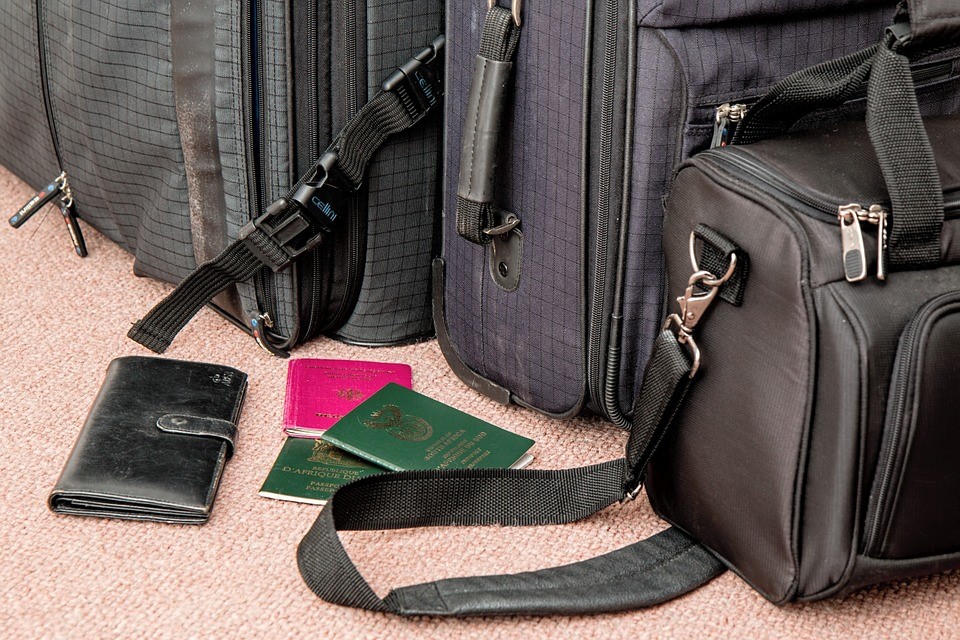Legal
Investment Migration Council Defends “Golden Visas”, Says Ethics Code Vital

An international body advocating the case for citizenship-by-investment programmes and standards around them defends this market.
Responding to calls by European Union lawmakers
and officials for tighter controls on so-called “golden
visas”, a global body that says it champions best practice in
this field has defended the growing market.
In recent weeks the noise level of criticism around these systems
has increased amid concerns about how they allegedly might enable
money laundering. The EU has seen a spate of scandals in
jurisdictions including Denmark, Estonia, Latvia and Malta,
although it isn't clear that holders of such paid-for passports
were involved in such cases. In Europe’s largest financial
centre, London, there have been concerns down the years that the
UK’s Tier 1 Investor Visa regime could be misused. (Source:
Transparency
International, October 2015).
“Having any unchecked investment migration programme is open to
abuse, and without oversight and a rigid code of ethics it leaves
itself open to claims of corruption, or the potential to
circumvent global regulation,” Bruno L’ecuyer, chief executive,
Investment
Migration Council, told this news service.
“In order to avoid such issues in future, we believe that a
universal code of ethics will create a worldwide framework for
industry best practice. Issues such as integrity, objectivity,
confidentiality and regulatory compliance, among several others,
need to be included to ensure that this industry remains
effective and ethical,” L’ecuyer continued.
There are about 40 jurisdictions operating such visa programmes,
including the US, UK, Malta, Spain and Portugal. A new arrival to
the market is Montenegro. Typically, such programmes require
applicants to invest a minimum amount in either liquid
securities, real estate or actual business, in exchange for a
passport and residency rights. They can be politically
controversial. Opposition Liberal Democrats in the UK have
called for the regime to be suspended, saying the benefits to
rich applicants far outweigh any help to the economy. In a small
country such as Malta, with a population of around 400,000, sale
of passports has brought in millions of euros of revenue. In
Spain, the country introduced its golden visas to boost a
property market hit by the 2008 financial crisis.
IMC’s L’ecuyer said his group is pushing to set standards.
“The IMC already has in place a Code of Ethics and Professional
Conduct, which is a working framework for industry best practice.
To create the code, we continue to consult with academia,
security professional, professional practice consultants and
governments. We are not so naĂŻve to think that the code puts an
end to the debate on the ethics of investment migration, because
there are always, in any industry, people who seek shortcuts,” he
said. “When that shortcut is exposed, the immediate reaction is
to call for regulation, without understanding the impact
regulation will have on the contribution investment migration has
on the diversification and modernisation of economies,” he
said.
“To put this into perspective, BORDERPOL has estimated that only
1 per cent of those who obtain citizenship through means of
investment are human-rights violators, money-launderers or other
fugitives from justice. And in Europe the total number of
applications is roughly 700, which is less than 0.01% of the
total number of naturalisations processed annually,” he said.
“There is no doubt that there is a protectionist perspective that
dominates certain countries when it comes to investment
migration. However, residence and citizenship-by-investment
programmes raise valuable capital for sovereign states around the
world, including also in the European Union. This permits
governments, particularly of smaller countries, to reduce
deficits and reliance on external funding partners and invest in
vital infrastructure to diversify and future proof their
economies,” L’ecuyer added.
The IMC hasn’t been afraid to get the gloves off where a country
is deemed to fall short: it has
condemned the programme of Hungary, for example, as being
corrupt and badly run.
The market for golden visas is now big business. The most
prominent advisory firm in this space is Henley &
Partners, and last week it ranked passports around the world
on how many visa-free/visa-on-arrival benefits they give. It
showed that Japan recently overtook Singapore in opening the most
doors.
The European
Commission is due to publish a report on such programmes by
the end of 2018. Last week, the executive arm of the EU
said it will provide guidance to EU states on how to manage these
schemes.
At the heart of the debate is one about globalisation, and
whether citizenship/residency should a commodity that can be
bought and sold. To some extent, the debate mirrors controversy
about the role of “offshore tax havens” – to use a term employed
by those hostile to such places – in facilitating cross-border
exchanges of money. As with offshore centres, defenders of golden
visas say they enable people targeted by rapacious governments to
flee from harm’s way and invest their money where it can be
more productively used. Historically, businessmen and women as
varied as those from Jewish communities in Europe, Chinese expats
in Southeast Asia, Indians in Uganda and further back, French
Protestants ("Hugenots"), have been persecuted and their wealth
looted. The issue remains, however, whether such passports are
very effective if they are only open to high net worth
people.
At a conference in January this year in Interlaken, Switzerland
and attended by this news service, an English barrister,
James Corbett, argued that if there is a need to enable wealthy
people to flee persecution, asylum processes rather than golden
visas make more sense. Corbett said such visas are more akin
to luxury goods or a "fashion accessory". (See report on his
comments and the rest of that conference
here.
